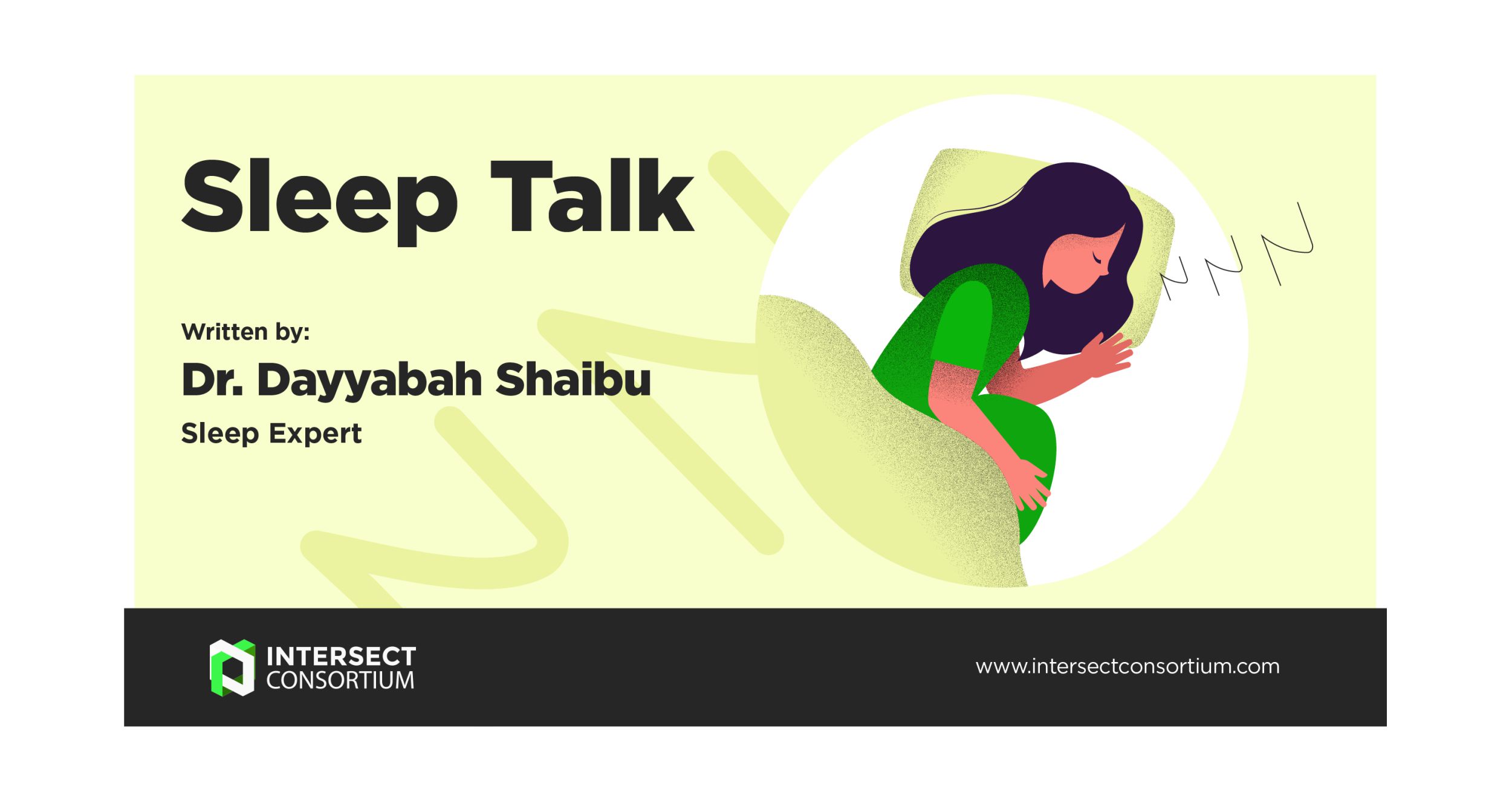
Sleep Talk
“Ms Ankara, a 32-year-old tailor, presents to you with a 3-day history of difficulty falling asleep. She has had to work extra long hours to meet up with work deadlines. On some occasions, she has had to use coffee to stay awake to get some work done. Now the job has been concluded, but she is finding it hard to sleep still.
After tossing and turning, she finally falls asleep around midnight, only to wake up 2 hours later remain awake for another hour and then sleep again. Finally wakes up at 5 am”
“Mr brocade, a 50-year-old doctor presents with a 7-month history of difficulty initiating and maintaining sleep. Has used several courses of medication in the past to cope (valium, zopiclone, and now on amitriptyline) and reports no real relief from his symptoms.
“Every time I don’t sleep well, my blood pressure rises”, he says. Doctor, I need to be able to sleep again. He has no known history of any other physical or mental health condition, but his symptoms are beginning to affect his social life.”
There are several Ms Ankaras and Mr Brocades around us. Truth is, one of these scenarios might just be you.
Sleep is a basic part of human existence, which is an activity meant for the body to rest, rejuvenate, restore, and revive. As quiet as this activity may seem, there is usually a lot going on in the period between lying down in preparation for sleep and waking up to start our day. It is not surprising then, that while some people go through this activity effortlessly, others struggle with sleep.
We will be focusing on the basic processes of normal sleep and some simple facts about sleep and also with some basic sleep hygiene tips to help us get better sleep.
Sleep is a naturally occurring state of mind that is common to all animal species. It forms around one-third of a human life. When we sleep, our level of consciousness is altered, voluntary muscle activity is inhibited and so are sensory activities (such as hearing, touch, and sight).
Sleep is an essential function that allows your body and mind to recharge. It leaves you refreshed and alert when you wake up. Healthy sleep helps the body stave off diseases and makes the brain cannot function properly.
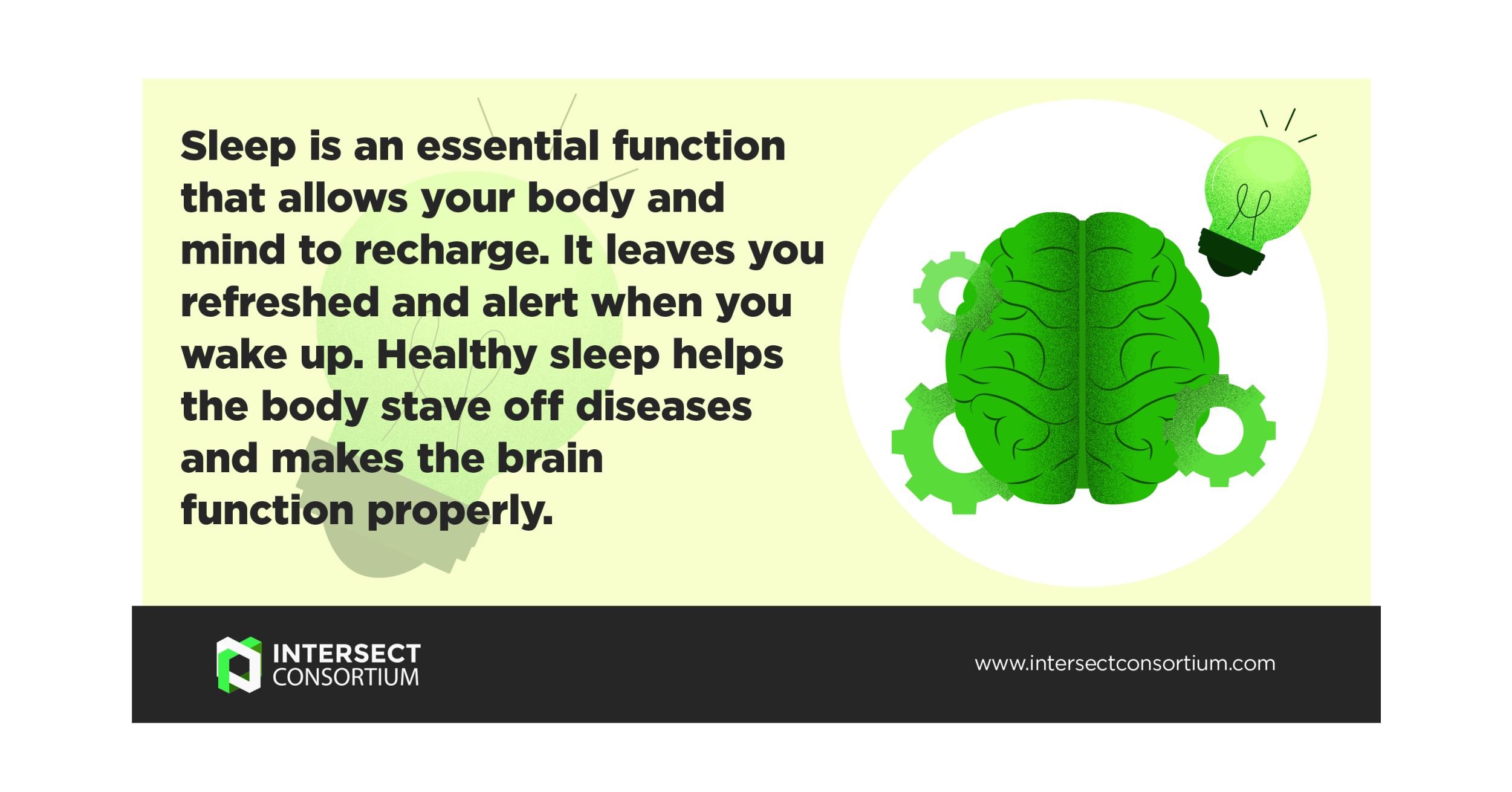
The Normal Sleep Cycle
A normal sleep cycle has two phases (NREM and REM) and 4 stages (N1, N2, N3 and REM).
Stages N1 to N3 make up NREM sleep, while stage 4 is the REM sleep. NREM stands for Non Rapid Eye Movement and REM stands for Rapid Eye Movement. The movement from stages 1 to 4 makes up a cycle of sleep and this takes approximately 90 minutes. In the course of the night, adult humans ideally get about 5 to 6 cycles, bringing the total sleep time to 7 to 9 hours.
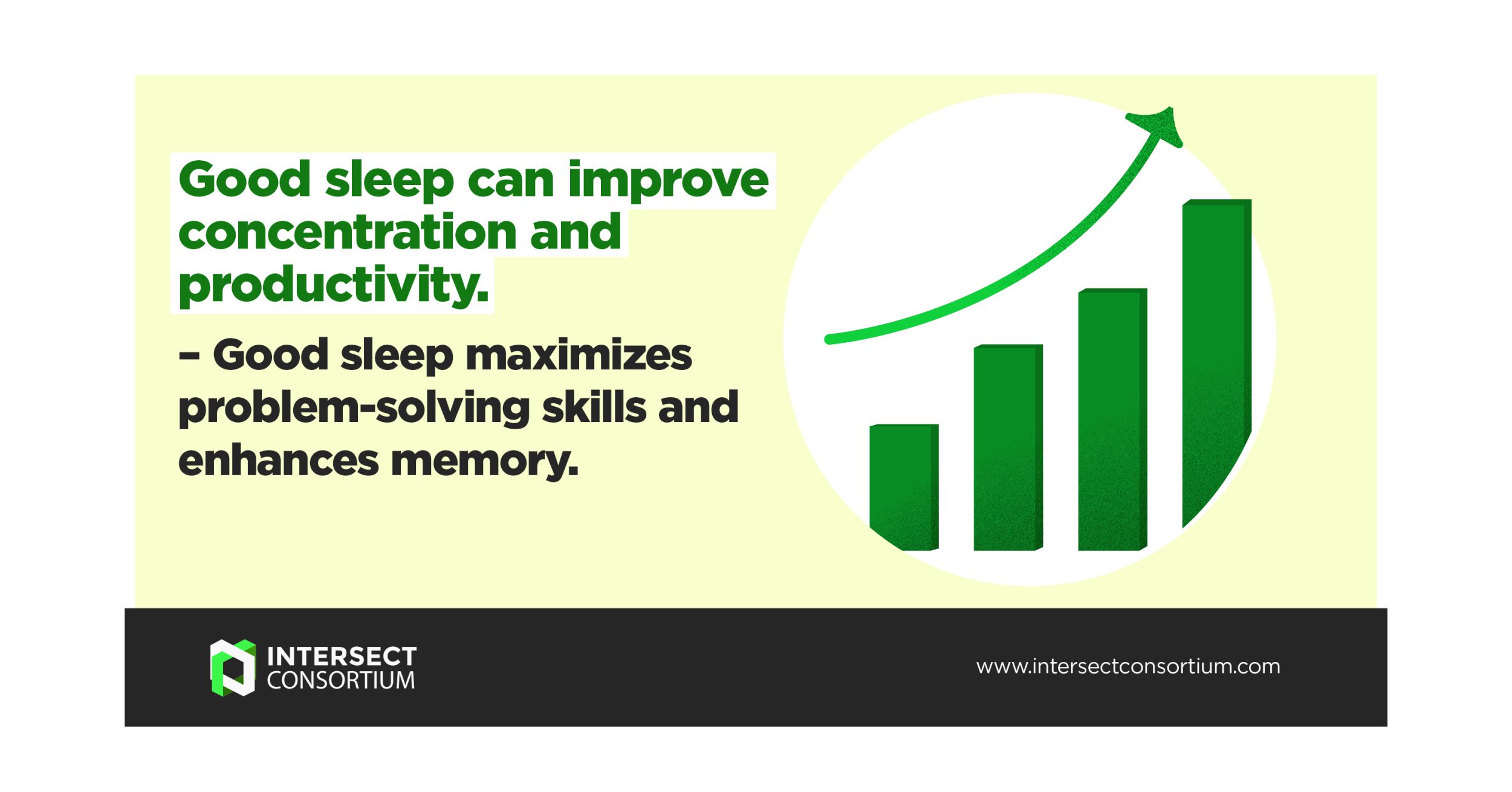
Let’s take a quick look at what happens in the various stages;
1) N1 -The N1 stage is a transitional stage. It is the lightest stage of sleep and typically lasts 1–5 minutes. Your breathing occurs at a regular rate, and your skeletal muscles (the ones you use to move around) still have some tone. This stage is the beginning of non-REM sleep
2) N2 - As you sink into deeper sleep, your heart rate and body temperature drop, signalling the start of the N2 stage of sleep. The N2 stage lasts about 25 minutes in the first sleep cycle and gets longer with each cycle throughout the night 4. N3
3) N3 – this is the deepest stage of sleep and is the most difficult to wake up from. For some people, not even loud noises will wake them from this stage. If you do get woken up, you will likely feel mentally foggy. Studies have shown moderate impairments on cognitive testing for 30 minutes to an hour for people waking directly from deep N3 sleep During this stage, your body will Repair and regrow tissue, Build muscle and bone and Strengthen the immune system.
4) REM sleep - REM sleep is the stage associated with dreaming. During this stage, your breathing rate becomes less regular. The skeletal muscles are relaxed and unmoving except for the eyes and diaphragm. This helps us in not acting out our dreams. REM starts about 90 minutes after falling asleep and gets longer throughout the night.
Having looked at the basics of what happens to us when we hit the sack, we must look at the importance of this simple but all-important activity.
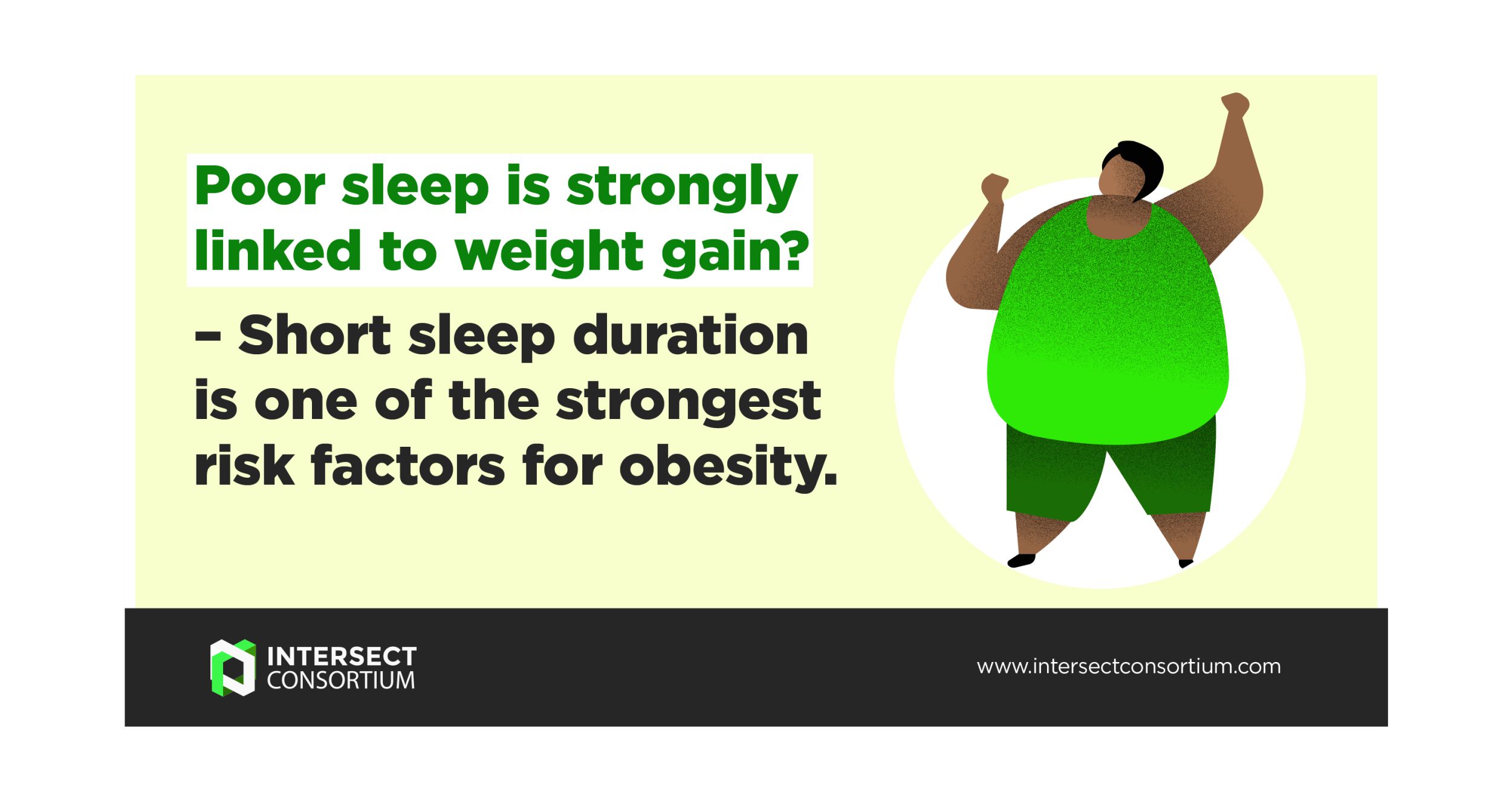
Did you know that?.....
• Poor sleep is strongly linked to weight gain? – Short sleep duration is one of the strongest risk factors for obesity, this effect is believed to be mediated by numerous factors such as hormones and motivation to exercise. Also, sleep deprivation interferes with appetite-regulating hormones.
• Good sleep can improve concentration and productivity. – Good sleep maximizes problem-solving skills and enhances memory.
• Good sleep enhances athletic performance.
• Poor sleepers have a greater risk of heart disease and stroke.
• Sleep deprivation affects glucose metabolism, thereby putting poor sleepers at risk of developing Type 2 Diabetes
• Poor sleep has a strong correlation with depression and an increased risk of suicide!
How much sleep do we really need?
According to the CDC,
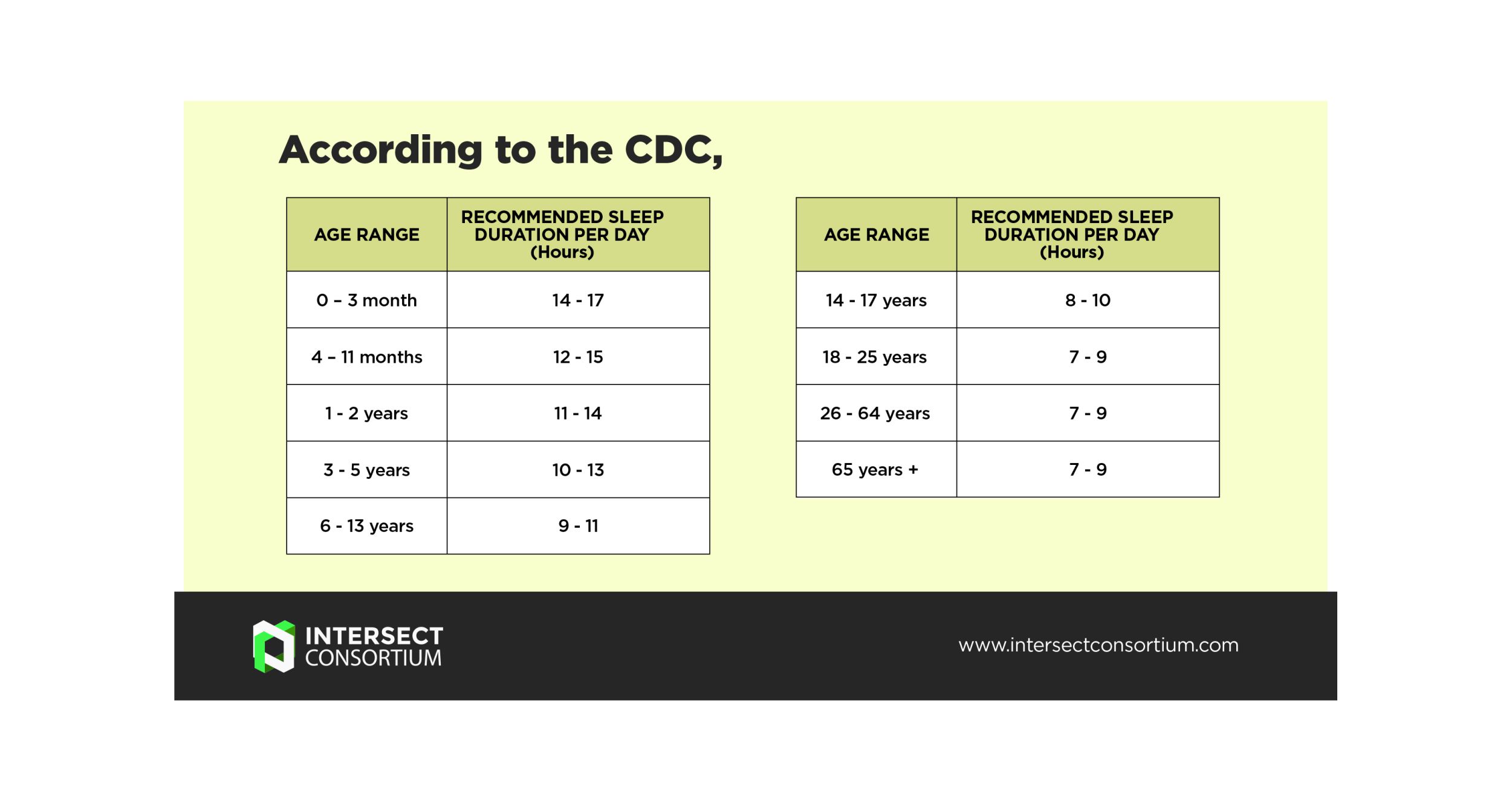
It is important to note that, sleep duration is not used in absolute terms to determine how well one sleeps. The quality of sleep as evaluated by how one feels the next day) is very vital.
To ensure that one gets good sleep regularly, we recommend good sleep habits, termed ‘sleep hygiene’.
A simple format to note is the 10-3-2-1-0 Rule.
The 10-3-2-1-0 Sleep Rule
10 hours before bed: No more caffeine.
3 hours before bed: No more food or alcohol.
2 hours before bed: No more work.
1 hour before bed: No more screen time (shut off all phones, TVs and computers).
0: The number of times you hit snooze in the morning
Dr Dayyabah Shaibu is a mental health Physician, an internationally certified addiction professional, and a sleep Specialist.
Embracing Restful Nights:
In understanding the vital role of sleep, especially for those grappling with sleep challenges, remember that Intersect Consortium is here to offer compassionate support.
We provide a supportive environment where your path to peaceful nights is acknowledged and nurtured.
Website: www.intersectconsortium.com
IG- @intersectconsortium
Phone Number: 0905 690 6007
Address: Plot 220, E Momoh Avenue, Kado, Abuja Nigeria
Your journey to well-being begins with us.

